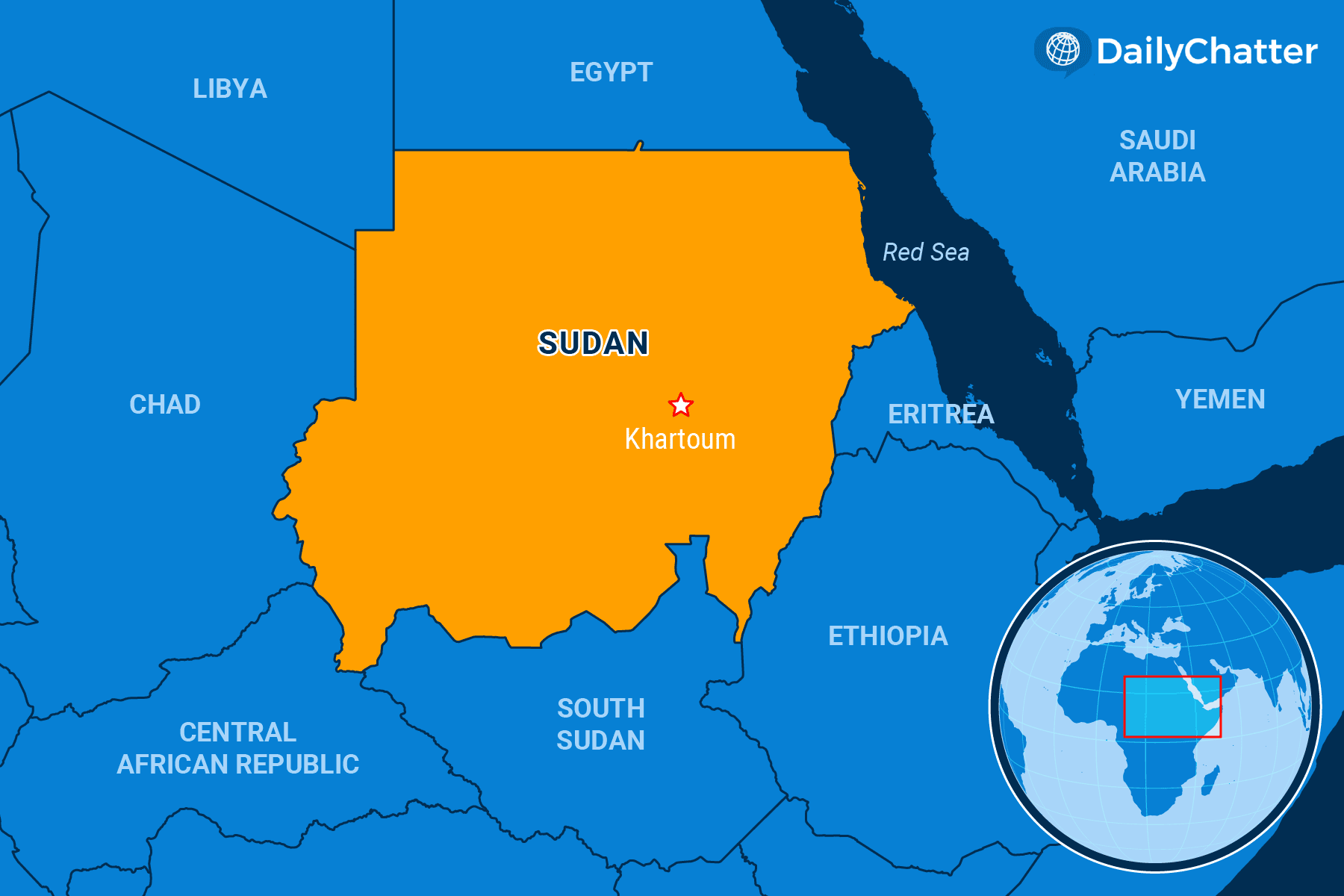NEED TO KNOW
Tragedy Redux
SUDAN

In 2003, rebels in Darfur, the western region of Sudan, took up arms against the central government in the capital of Khartoum because they felt officials were mistreating non-Arab citizens. In response, as the Encyclopedia Britannica recounted, the Sudanese government armed Arabs in what would be known as Janjaweed militias who proceeded to escalate a conflict that would last years and result in hundreds of thousands of deaths, and millions displaced.
Omar al-Bashir, the Sudanese president at the time, has since been charged with genocide and other crimes against humanity due to his involvement in the war. Ousted in 2019, he’s now detained in Sudan. Today, al-Bashir’s former colleagues in the Sudanese army are fighting the paramilitary Rapid Support Forces (RSF), who descend from the Janjaweed militias, in a civil war that threatens to bring about the East African country’s collapse, Al Jazeera reported.
Meanwhile, amid the fighting, a tragedy is again unfolding in Darfur. As the Guardian explained, RSF fighters have been raiding villages, assassinating people, burning down properties, and torturing those suspected of supporting the government. The violence has prompted 450,000 Sudanese folks to flee across the border to Chad.
The RSF now controls large swaths of Darfur, reported the New York Times. Ironically, added the BBC, rebels in Darfur who formerly fought the central government have now allied with the army to kick out the RSF.
Videos show RSF fighters referring to prisoners as “dogs” fated for “liquidation,” CNN wrote. Other footage shows mass graves and arbitrary executions. Five million children, moreover, face extreme danger, according to UNICEF executive director Catherine Russell.
“Sudan – and Darfur in particular – has become a living hell for millions of children, with thousands being ethnically targeted, killed, injured, abused, and exploited,” she said. “Children continue to suffer new violence, while their parents and grandparents still bear the scars of previous cycles of violence. We cannot allow it to happen yet again.”
The conflict in Sudan, furthermore, is likely receiving less attention globally because of the fighting between Israel and Hamas, as well as the ongoing war between Russia and Ukraine. Writing in the EUObserver, Eli Hadzhieva, director of the Brussels-based think tank Dialogue for Europe, noted that 1,000 people died recently in a two-day period in Sudan – an appalling rate that’s comparable to the conflicts in Eastern Europe and the Middle East.
That’s a pity given how history is repeating itself. It’s as if world leaders learned nothing from the past.
To read the full edition and support independent journalism, join our community of informed readers and subscribe today!
